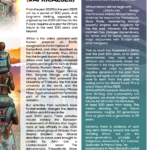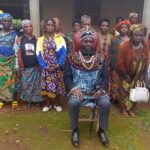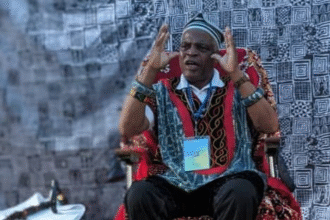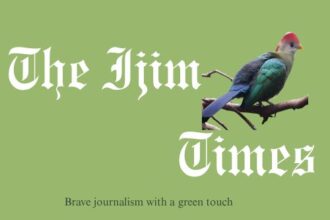by Kenneth Nsah*
Abstract
This article examines Ekpe Inyang’s play entitled The Hill Barbers (2010) using postcolonial ecocriticism. Combining postcolonial theory and ecocriticism – in order to foreground the author’s postcolonial Cameroonian/African society, the article investigates some of the numerous ecology-related issues raised in the play, among which deforestation, exploitation, capitalism, agency for nature, and the apocalyptic trope. It emerges, from both the play and article, that humans are destroying nature and are consequently suffering from this very destruction. Among the many effects of environmental destruction felt by the Mbungoe human community of the play are acute shortages of drinking water and dwindling animal species on their hills and mountains. One of the major findings of this article is the author’s ability to reconcile hitherto opposing ideologies and practices, such as Judeo-Christianity and African religions and Western science and African traditions, in seeking ways of redressing the increasing ecological problems faced within Cameroonian/African communities and elsewhere around the globe, advocating sustainable behaviour and respect for nature. The paper joins ongoing research attempts to apply ecocriticism in reading literature from postcolonial African societies.
NOTE: Full article is available here.







